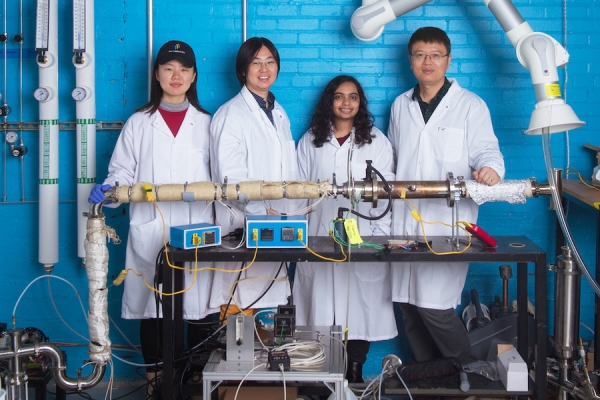

A MIT group is attempting to saddle ignition to yield essential materials, including some that are basic in the assembling of lithium-particle batteries.
For over 100 years, a significant part of the world has run on burning petroleum products. Presently, to turn away the danger of environmental change, the energy framework is evolving. Quite, sunlight-based and wind frameworks are swapping petroleum product burning for creating power and intensity, and batteries are trading the gas-powered motor for driving vehicles. As the energy change advances, scientists overall are handling the many difficulties that emerge.
Sili Deng has spent her vocation contemplating burning. Presently an associate teacher in the MIT Division of Mechanical Designing and the Class of 1954 Vocation Improvement Teacher, Deng drives a gathering that, in addition to other things, creates hypothetical models to help comprehend and control ignition frameworks to make them more proficient and to control the development of emanations, including particles of residue.
“So we thought, given our experience in the ignition, what’s the most ideal way we can add to the energy progress?” says Deng. In taking into account the conceivable outcomes, she noticed that ignition alludes just to the cycle — not to what’s consuming. “While we for the most part consider non-renewable energy sources when we consider ignition, the term ‘burning’ includes some high-temperature substance responses that include oxygen and ordinarily discharge light and a lot of intensity,” she says.
Let’s hope that we can see more eco-friendly batteries out there so, we can reduce our dependence on Lithium and other materials which require mining.
Author: Sri Nihal Tammana
Source: Massachusetts Institute of Technology
PC: Gretchen Ertl


© copyright 2022 by Recycle My Battery